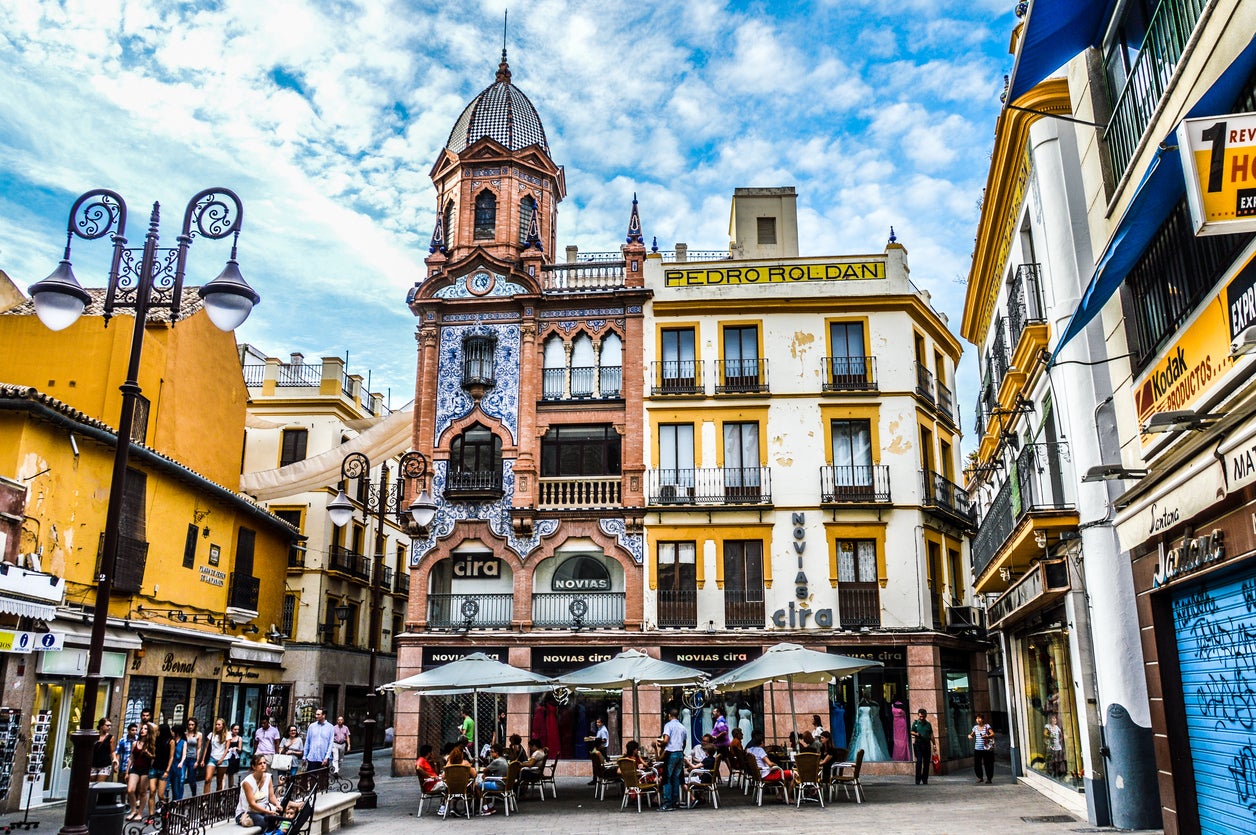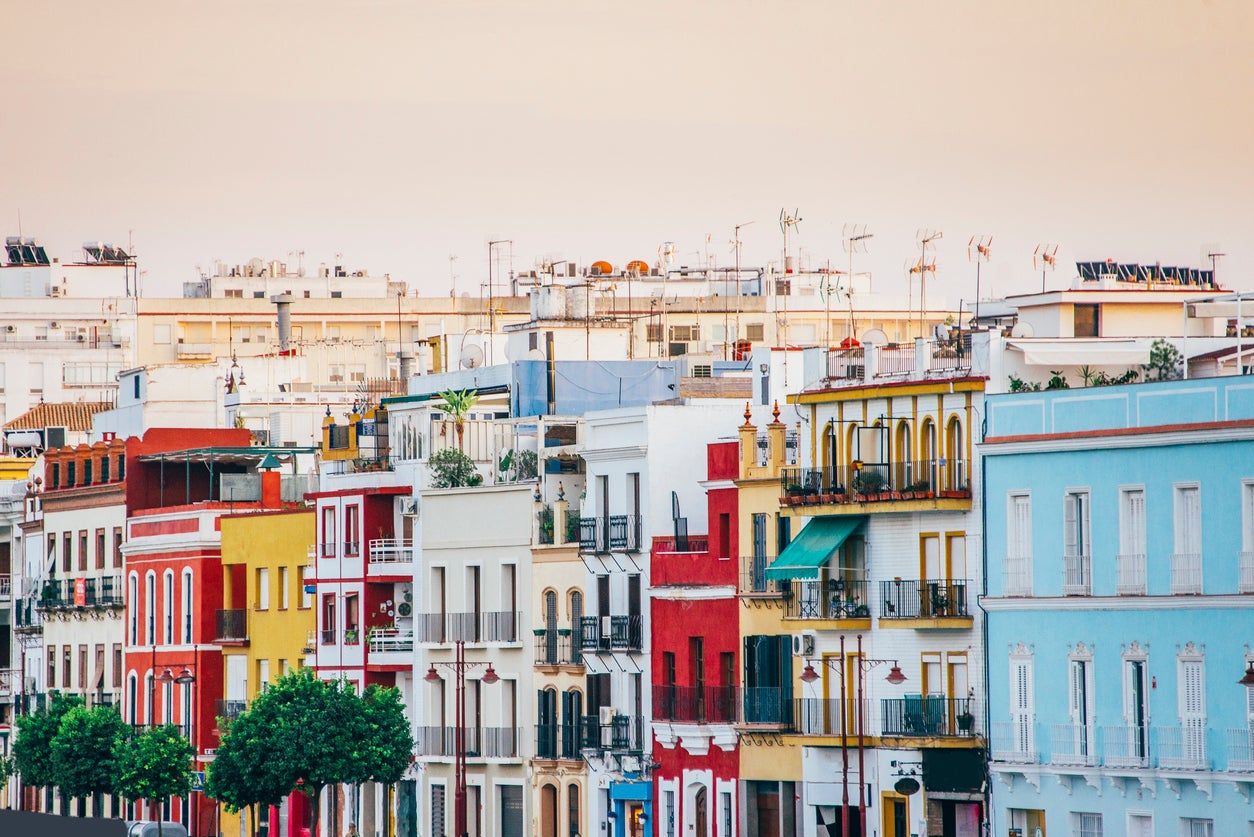Spanish city plans to cut off water in short-term lets crackdown
A surge in tourism over the past few years aided by the spread of holiday lets has led to protests across Spain

Your support helps us to tell the story
From reproductive rights to climate change to Big Tech, The Independent is on the ground when the story is developing. Whether it's investigating the financials of Elon Musk's pro-Trump PAC or producing our latest documentary, 'The A Word', which shines a light on the American women fighting for reproductive rights, we know how important it is to parse out the facts from the messaging.
At such a critical moment in US history, we need reporters on the ground. Your donation allows us to keep sending journalists to speak to both sides of the story.
The Independent is trusted by Americans across the entire political spectrum. And unlike many other quality news outlets, we choose not to lock Americans out of our reporting and analysis with paywalls. We believe quality journalism should be available to everyone, paid for by those who can afford it.
Your support makes all the difference.People who illegally rent apartments to tourists in a southern Spanish city could find their water cut off amid a crackdown by the local mayor’s office to curb the spread of short-term lets that is angering locals.
The office of Seville’s mayor announced this week it is reviewing all the city’s holiday apartments and will ask the local state-run water company Emasesa to cut off water supply to properties that do not comply with regulations, if they continue to let them out.
The review has so far identified 715 apartments that do not comply with regulations passed in 2022 that stipulate that holiday rentals must have an independent entrance if they are above the first floor, according to a source from the mayor’s office, who asked not to be named because the source is not authorised to speak to the media. The source said the mayor’s office was already talking with the owners involved.
A surge in tourism over the past few years aided by the spread of holiday lets has led to widespread protests across Spain, with locals complaining that they are being priced out of the rental market. Local authorities in hotspots such as Seville are cracking down on illegal listings and are scrambling to find ways to limit the proliferation of short-term lets on platforms such as Airbnb or booking.com.
The mayor’s office estimates that between 5,000 to 7,000 holiday lets in Seville are operating illegally, while another 8,000 to 9,000 comply with regulations, according to the source.
A bill currently passing through Seville’s parliament plans to ban any more licenses for holiday lets in the old town and the colourful neighbourhood of Triana across the river.

Earlier this year tourists were warned that they could soon be charged for visiting the city’s biggest tourist destinations.
Those visiting Seville may soon have to pay a fee to explore the Plaza de Espana square – the structure that served as the set of the 1999 film ‘The Phantom Menace’ of the Star Wars franchise, and is also a hot spot of cultural life, hosting concerts, plays and fashion shows.
The city hall said the plan is part of a decision to control tourist overload in a public open space.
“We are planning to close the Plaza de Espana and charge tourists to finance its conservation and ensure its safety,” Mayor Jose Luis Sanz wrote in a post on social media platform X, accompanied with a video showing missing tiles, damaged facades and street vendors occupying alcoves and stairs.
Elsewhere in Spain, Barcelona has said it will ban all holiday apartments by 2028 while the Canaries Islands plan to use police to help enforce tighter regulations.
Join our commenting forum
Join thought-provoking conversations, follow other Independent readers and see their replies
Comments